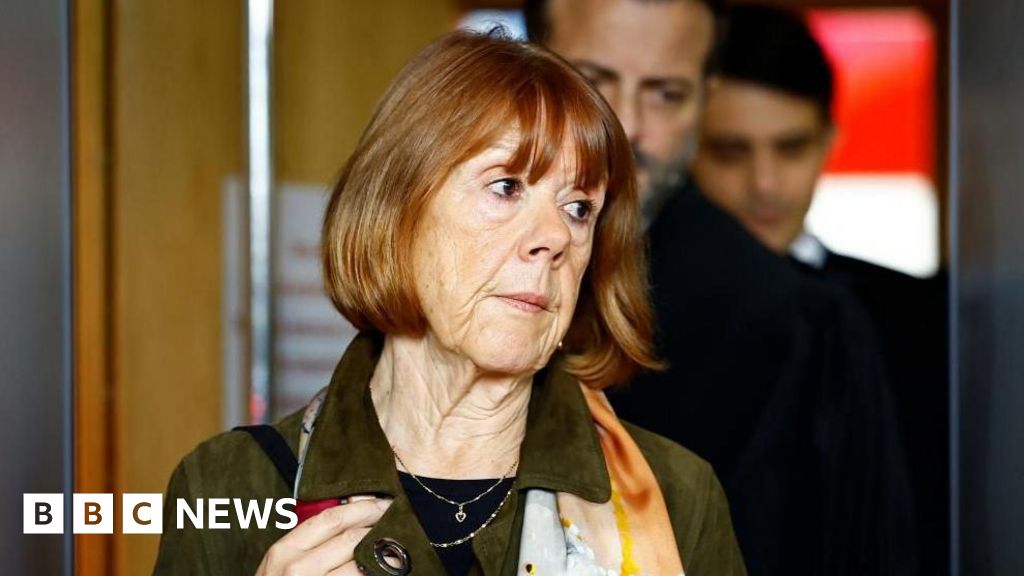The Wole Soyinka Centre for Investigative Journalism (WSCIJ) has blamed the Nigeria Police Force (NPF) and politicians for over 70 per cent of harassment and risks faced by Nigerian journalists, particularly during elections and civic demonstrations.
The Centre’s Chief Executive Officer (CEO), Motunrayo Alaka, presented these findings on Wednesday during the 2nd Edition of the Civic Space Guard Conference, focusing on AI, press freedom, civic space, and the future of investigative reporting in Nigeria, held in Abuja.
 Group photo of panellists and other participants
Group photo of panellists and other participants“For perpetrators of infringement, we see that politicians and the police are responsible for 70 per cent of cases from what we researched,” she stated. “It’s an aberration when institutions overseeing elections also harass journalists in the line of duty.”
Mrs Alaka said that 90 per cent of recorded attacks on journalists happened during reporting assignments. The 2023 Journalism and Civic Space Research, which the WSCIJ will soon launch, examined incidents by month, state, and type of harassment or violence.
“We found that non-violent infringements were particularly high—64 per cent of cases. This is worrying,” she added, noting that violent infringements often involves assaults and fatalities. “Assaults made up 35 per cent of incidents, and one in five of these resulted in a fatality.”
The report documented incidents like tear gas usage, shootings, bombings, and threats, indicating that journalists face harassment even in locations where they should be safe, including government offices and polling stations.
Reflecting on media credibility, Mrs Alaka stressed the need for journalists to distinguish journalism from mere content creation. “Content is not journalism,” she said, urging journalists to uphold ethics amid growing media distrust.
Nigerians need credible journalism. Help us report it.
Support journalism driven by facts, created by Nigerians for Nigerians. Our thorough, researched reporting relies on the support of readers like you.
Help us maintain free and accessible news for all with a small donation.
Every contribution guarantees that we can keep delivering important stories —no paywalls, just quality journalism.
Importance of investigative journalism
Earlier, some panelists explained the vital roles of investigative journalism in enhancing democracy and protecting civic space.
The panel, featuring Mojirayo Ogunlana-Nkanga of the DiGiCiviC Initiative, Chido Onumah from the African Centre for Media and Information Literacy, Hauwa Shaffii-Nuhu of HumAngle, and Nigeria Police spokesperson Olumuyiwa Adejobi, addressed the evolution of media in the digital age and the challenges journalists face.
Mrs Ogunlana-Nkanga spoke about the media landscape of the past, contrasting it with today’s digital accessibility, which offers a wealth of information at a fingertip.
The panellists discussed the persistent struggles journalists endure in Nigeria, 25 years after the return to democracy.
 Cross-Section of Participants
Cross-Section of ParticipantsMr Onumah noted, “We are still here having conversations about civic space, democratic rights, and the role of journalists.”
The panel advocated for collaboration among journalists, civil society, and legal professionals to bolster media freedom.
Mrs Shaffii-Nuhu emphasised journalism’s role as an ally in democracy, highlighting its capacity to amplify marginalised voices, especially in rural areas.
READ ALSO: CJID’s staffer bags Commonwealth Scholarships Award to study in UK
Mr Adejobi acknowledged the need for police to support journalism, arguing that “the force is not an enemy of the press.”
He emphasised the necessity of distinguishing between professional journalism and unregulated online content. “We are genuinely trying to protect this profession from individuals who undermine its integrity.”
Despite improvements, the panelists acknowledged, there are ongoing harassment and intimidation of journalists, calling for stronger legal protections and accountability.
Mr Onumah stressed the need for financial empowerment of the media, suggesting that government funding could stabilise the sector.
A separate panel addressed the implications of artificial intelligence (AI) on investigative journalism.
While acknowledging AI’s potential to enhance data analysis, experts cautioned against over-reliance on technology, emphasising the need for ethical practices and human oversight.
The discussants called for collaborative frameworks that promote responsible AI use in journalism, ensuring accuracy and integrity remain paramount.
Support PREMIUM TIMES' journalism of integrity and credibility
At Premium Times, we firmly believe in the importance of high-quality journalism. Recognizing that not everyone can afford costly news subscriptions, we are dedicated to delivering meticulously researched, fact-checked news that remains freely accessible to all.
Whether you turn to Premium Times for daily updates, in-depth investigations into pressing national issues, or entertaining trending stories, we value your readership.
It’s essential to acknowledge that news production incurs expenses, and we take pride in never placing our stories behind a prohibitive paywall.
Would you consider supporting us with a modest contribution on a monthly basis to help maintain our commitment to free, accessible news?
TEXT AD: Call Willie - +2348098788999

















 English (US) ·
English (US) ·